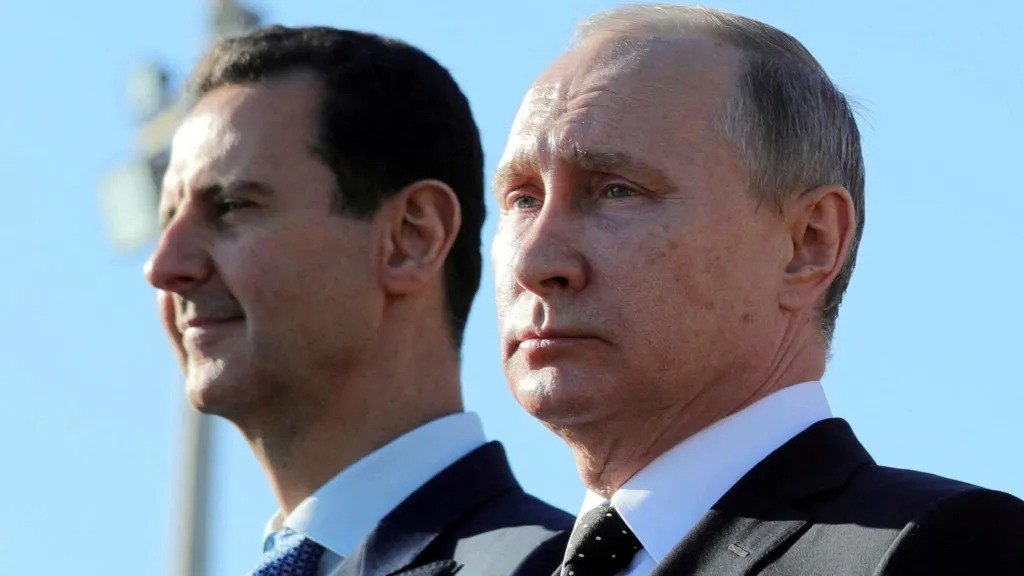
For nearly a decade, Russian firepower maintained Bashar al-Assad’s rule in Syria. But the dramatic fall of Damascus and the toppling of Assad have reshaped the geopolitical landscape.
Assad has reportedly fled to Moscow, with Russia granting asylum to him and his family on humanitarian grounds. This event marks a significant blow to Russia’s prestige, with Moscow unable to prevent the collapse of its key ally in the Middle East.
Russia’s Role and Stakes in Syria
In 2015, Russia intervened militarily to support Assad, aiming to assert itself as a global power. The Kremlin’s commitment appeared successful, securing long-term leases for its air base in Hmeimim and naval base in Tartous. These strategic hubs served not just Syria but broader military operations in Africa.
However, the sudden collapse of Assad’s regime puts Russia’s interests at risk. While opposition leaders have reportedly guaranteed the security of Russian bases in Syria, Moscow remains on high alert. Questions persist about the future of these bases and Russia’s influence in the region.
Blame and Reactions
Russian state media has pointed fingers at the Syrian army for the swift downfall. Critics noted the lack of resistance in key strongholds like Aleppo. Despite these setbacks, the Kremlin is shifting focus, with state TV emphasizing Russia’s priority: its “Special Military Operation” in Ukraine.
This narrative underscores an attempt to downplay the implications of Assad’s fall for Russian domestic audiences, presenting the loss as secondary to national security.
External Link:
Read more updates on the BBC
Internal Link:
Explore geopolitical insights at Eurasia Sports





